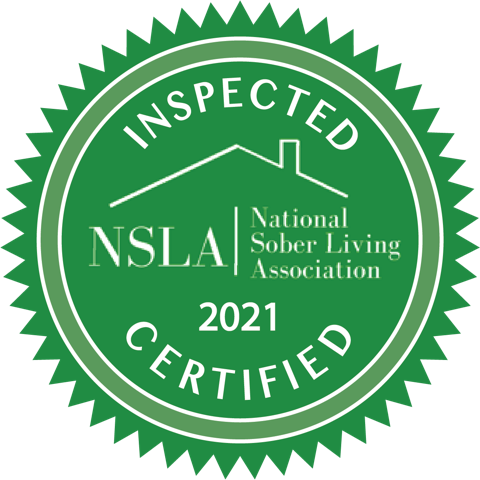Despite considerable advances in prenatal care, at least 10 percent of pregnancies still end in miscarriage. The actual figure may be as high as 50 percent, allowing for early miscarriages that happen before anyone is aware of the pregnancy. Over 10 percent of known miscarriages, however, occur in the second trimester. Regardless of the statistics, this event can be incredibly traumatic.
What Causes Miscarriage?
Possible causes include:
- Chromosomal deficiencies that keep an embryo from developing properly
- Scar tissue or tumors in the uterus
- Premature dilation of the cervix
- STD or other infectious germs
- Exposure to harmful chemicals
- Unknown factors
Women over 35, obese women and women with certain health conditions (including autoimmune disorders and diabetes) are considered at increased risk. So are women who smoke, drink alcohol or have any form of chemical addiction.
Contrary to some popular rumors, miscarriage is almost never due to physical or emotional stress, being violently jolted or having previously used contraceptives. And the majority of miscarriages have little bearing on a woman’s ability to carry later pregnancies to term.
What Happens After a Miscarriage?
Whatever the cause, miscarriage means possible physical complications and likely emotional trauma. Many women experience symptoms similar to those of postpartum depression. At least 20 percent grieve the loss as deeply as the death of an older child.
The pain increases if you suspect, however wrongly, that something you did caused the miscarriage. Worst of all is when there is reasonable cause to suspect your own actions contributed—as may be the case when a pregnant woman drank alcohol or used other drugs. Sadly, a woman with substance use disorder is also at extra risk for being unable to stop using after she learns of a pregnancy. Other women may develop substance use disorder after a miscarriage, if they turn to chemicals to numb the pain.
Recovering from Miscarriage and Addiction
Long-term recovery from any addiction—especially with a co-occurring case of depression and trauma—requires medical treatment, counseling and extensive support. If you’re dealing simultaneously with chemical dependence and the aftermath of miscarriage:
- Your first step should be detoxing from the drug(s) and healing physically from the miscarriage. Get advice and treatment from a doctor. If at all possible, find a medical center with specialists who are experienced in both ob/gyn care and addiction medicine.
- After initial physical healing, find an intensive-support option (a long-term inpatient or rehab campus is ideal) with individual and group counseling. Ask in advance how the program will balance addressing your miscarriage trauma with planning for long-term addiction recovery.
- Consider a program designed specifically for women, where you will find more peers you can connect with on deeper levels.
- Build a long-term support network of recovery peers, counselors, family and friends you can trust to stand by you.
- Make a prevention plan to avoid relapse into drug use, remembering to address all triggering factors that might send you into grieving, depression or temptation.
- If you become pregnant again or plan to, you likely will struggle with fear of another miscarriage: get extra counseling and support.
- Make a lifelong habit of nurturing hope, love and joy.
In the Center of a Supportive Community
Still Waters Recovery uses a unique 12-Step immersion approach and residential program to provide fellowship and support for people struggling to stay clean after addiction detox. While many addiction-treatment centers stop at a few weeks of post-detox therapy, we offer a real “family” where you can stay as long as needed and pursue long-term physical, mental and spiritual recovery with the support of like-minded peers. Contact us to learn more about how we can help you heal!





